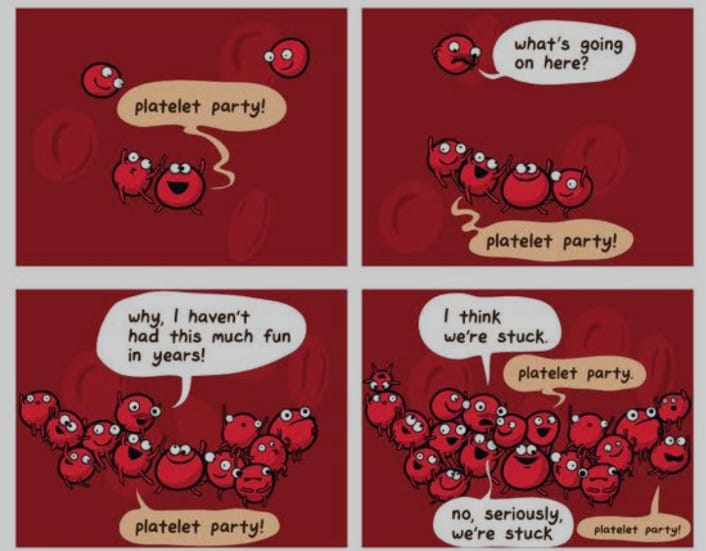BIOLOGY

CELL BIOLOGY:-
Definition: Cell biology is the study of the structure and function of cells, which are the basic units of life.
Key Concepts:
- Cell Theory: All living things are composed of cells, the cell is the basic unit of life, and all cells come from pre-existing cells.
- Cell Structure: Key organelles include the nucleus (controls cell activities), mitochondria (produces energy), and chloroplasts (photosynthesis in plant cells).
Types of Cells:
Prokaryotic Cells: Simple, no nucleus, found in bacteria.
Eukaryotic Cells: Complex, have a nucleus, found in plants and animals.

GENETICS:-
Definition: Genetics is the study of heredity and the variation of inherited characteristics.
Key Concepts:
- DNA (Deoxyribonucleic Acid): The molecule that carries genetic information.

- Genes: Segments of DNA that code for proteins.

- Chromosomes: Structures within cells that contain DNA.

Inheritance:
- Dominant and Recessive Traits: Dominant traits mask recessive traits.
- Mendelian Genetics: Gregor Mendel’s principles of inheritance (laws of segregation and independent assortment).
HUMAN ANATOMY
Definition: Human anatomy is the study of the structure of the human body.
Key Systems:
- Skeletal System: Provides support and protection (bones, cartilage).

- Muscular System: Allows movement (muscles, tendons).

- Circulatory System: Transports blood and nutrients (heart, blood vessels).

- Respiratory System: Facilitates breathing (lungs, trachea).

- Digestive System: Processes food for energy (stomach, intestines).

- Nervous System: Controls body functions (brain, spinal cord, nerves).

ECOLOGY:-
Definition: Ecology is the study of interactions among organisms and their environment.
Key Concepts:
- Ecosystems: Communities of living organisms interacting with their physical environment.
- Food Chains and Webs: Represent the flow of energy through an ecosystem.
- Biodiversity: Variety of life in a particular habitat or ecosystem.

EVOLUTION:-
Definition: Evolution is the process by which different kinds of living organisms develop and diversify from earlier forms during the history of the earth.
Key Concepts:
- Natural Selection: Mechanism of evolution where organisms better adapted to their environment tend to survive and produce more offspring.
- Adaptation: Traits that improve an organism’s ability to survive and reproduce.
- Speciation: Formation of new and distinct species in the course of evolution.

BIOCHEMISTRY:-
Definition: Biochemistry is the study of chemical processes within and related to living organisms. It combines biology and chemistry to explore the molecular mechanisms that drive biological functions.
Key Concepts:
- Macromolecules: Large molecules necessary for life, including proteins, nucleic acids, carbohydrates, and lipids.
- Enzymes: Proteins that act as biological catalysts to speed up chemical reactions.
- Metabolism: The set of life-sustaining chemical reactions in organisms, including catabolism (breaking down molecules for energy) and anabolism (building up molecules).

MICROBIOLOGY:-
Definition: Microbiology is the study of microorganisms, which are tiny living organisms that are too small to be seen with the naked eye. This includes bacteria, viruses, fungi, and protists.
Key Concepts:
- Bacteria: Single-celled prokaryotes with diverse shapes and metabolic capabilities.
- Viruses: Non-living entities that require a host cell to replicate.
- Fungi: Includes yeasts and molds, important for decomposition and fermentation.
- Protists: Diverse group of eukaryotic microorganisms, including amoebas and algae.

PLANT BIOLOGY:-
Definition: Plant biology, or botany, is the scientific study of plant life and development.
Key Concepts:
- Photosynthesis: The process by which plants convert sunlight into chemical energy, producing oxygen and glucose.
- Plant Anatomy: Structure of plants, including roots, stems, leaves, and flowers.
- Plant Physiology: Functions of plant parts and processes like transpiration, respiration, and nutrient uptake.

ANIMAL BEHAVIOUR:-
Definition: Animal behavior is the study of how animals interact with each other and their environments.
Key Concepts:
- Innate Behavior: Inherited behaviors that are present at birth.
- Learned Behavior: Behaviors that are acquired through experience.
- Social Behavior: Interactions among members of the same species, including mating, parenting, and cooperation.

BIOTECHNOLOGY:-
Definition: Biotechnology is the use of living organisms or their products to modify human health and the human environment.
Key Concepts:
- Genetic Engineering: Direct manipulation of an organism’s genes using biotechnology.
- CRISPR: A technology that can be used to edit genes with high precision.
- Bioinformatics: The use of computer technology to manage biological information.


Leave a Reply